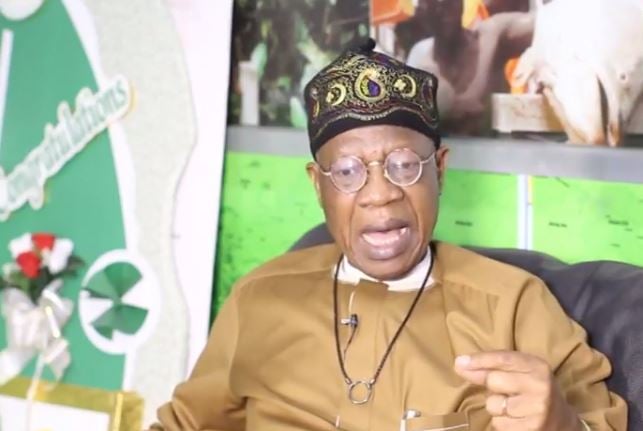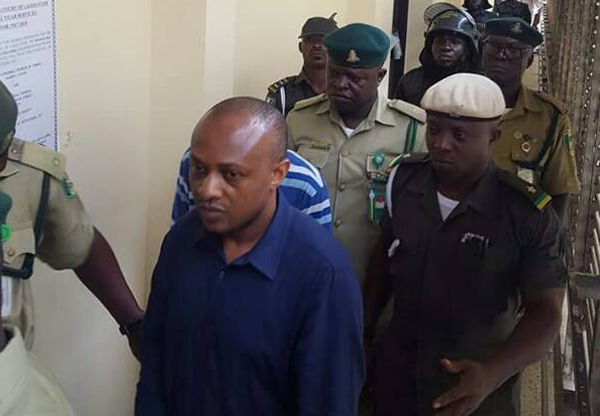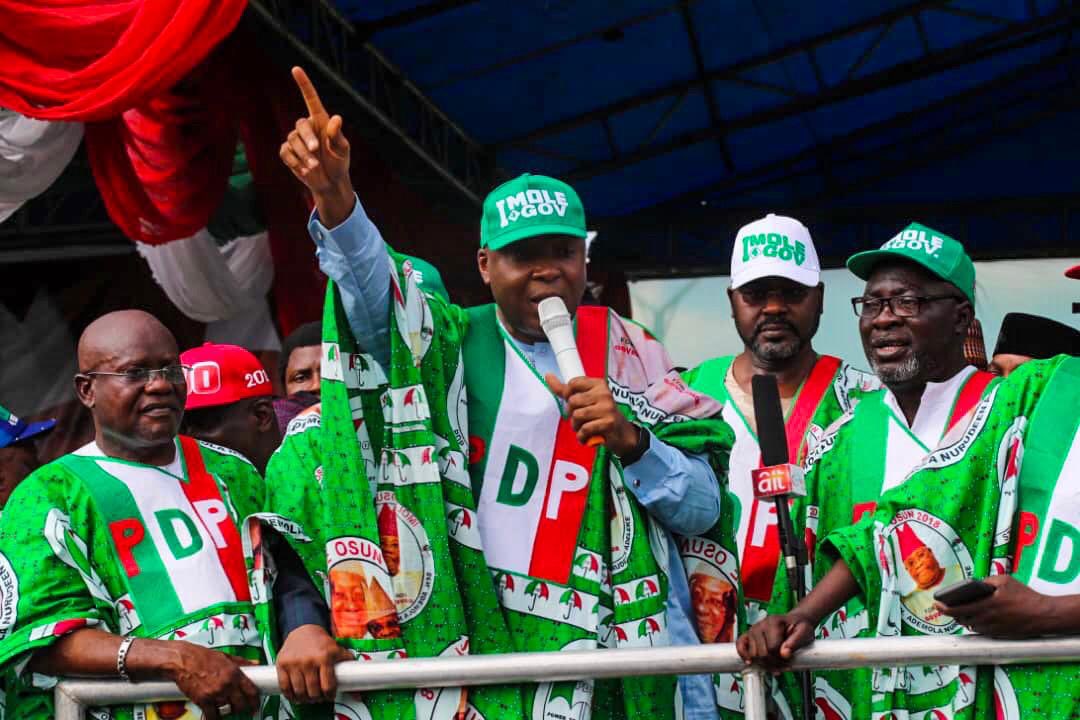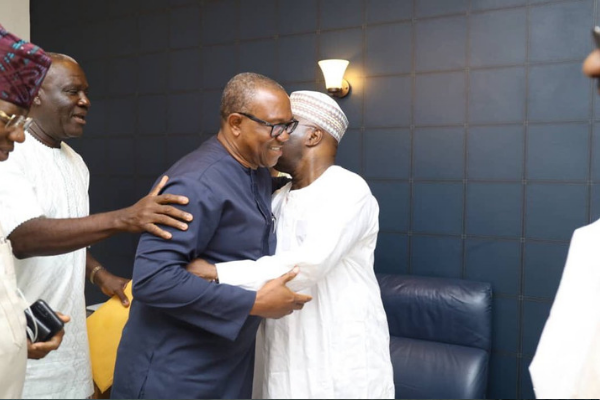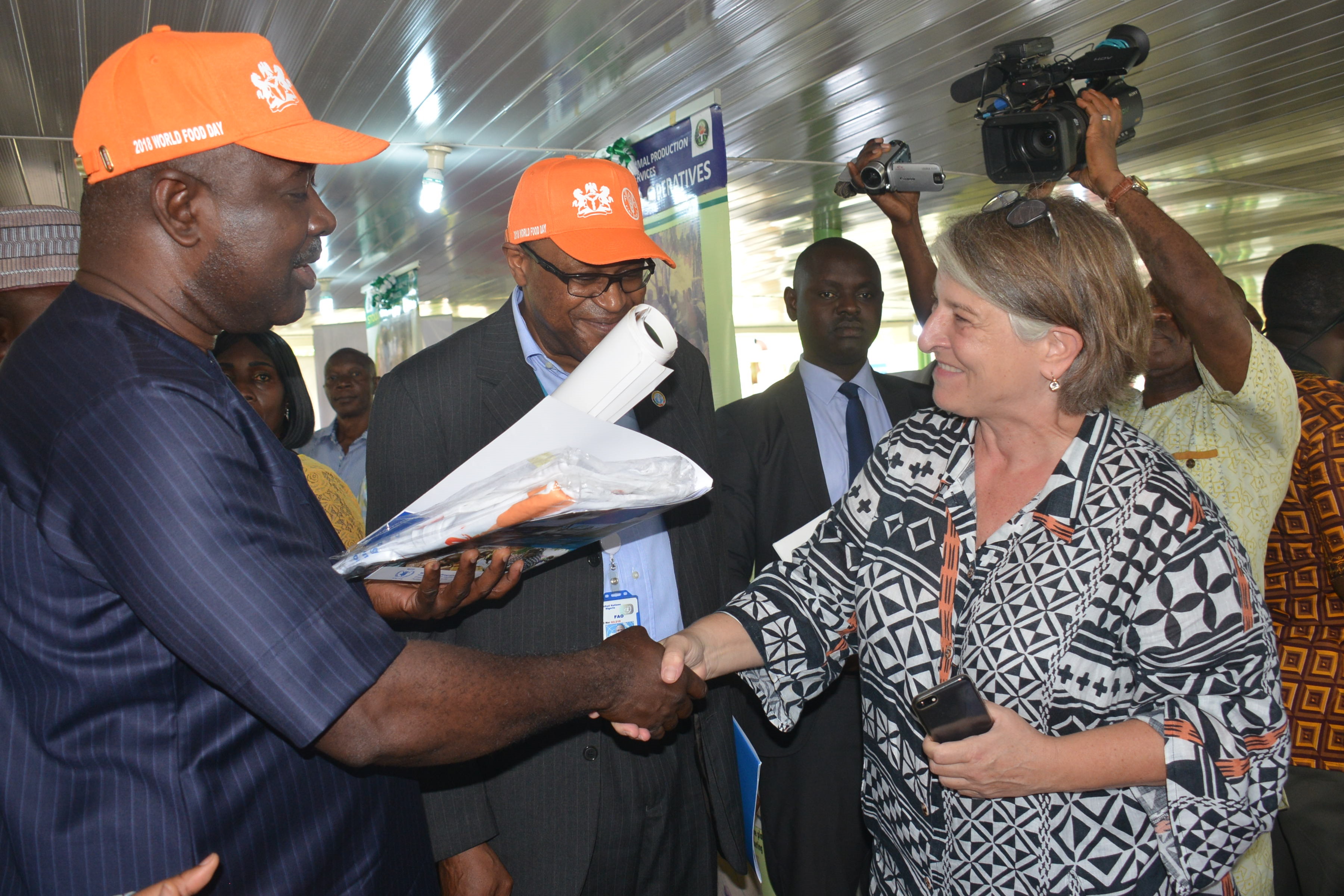BY ALAO ABIODUN
As humans, when we have something to look forward to or look ahead to something worth celebrating, we’ve the deep sense of reminiscing through the sweats of the past on the path of success. However, while we keep growing and advancing periodically as humans, it therefore requires the unpleasantness of unlearning too. There are times when we must deal with new data, strange ideas and innovative thinking — We can draw comfort from the fact that celebrating intellectual work, regardless of its origin, is the common heritage of all humanity.
Over a thousand Nobels have been awarded since the prize was established in 1901. Most of those have been in sciences but there’s also the literature prize and — most famously, the peace prize. According to statistics, 83 percent of all Nobel laureates have all emanated from the Western countries — such as Western Europe, the United States, Canada, Australia or New Zealand.
However, the Almighty ‘Africa’ in its majestic sense and splendor has had only 25 Nobel laureates so far in the history of the prize. Asia, despite being the largest and most populous region in the world have recorded only 49 Nobel laureates — All of Asia, Africa, Latin America and the Middle East combined have only 104 Nobel laureates in total. These regions hold 81 percent of the world’s population but only 10 percent of its Nobel laureates.
Advertisement
According to statistics, the top 10 countries with the most Nobel laureates — are United States (347 Nobel laureates), Britain (120), Germany (104), France (65), Sweden (30), Russia (27), Switzerland (26), Canada (23), Austria (22), Italy (20) while — 25 Nobel awards in total since inception has been won in Africa in we have — South Africa (10), Egypt (6) other countries are Algeria, Ghana, Kenya, Liberia, Madagascar, Morocco, and Nigeria. However, the first person from Africa to win a Nobel Prize was ‘Max Theiler’, a South African man who won the Nobel Prize in Physiology or Medicine in 1951, the last time Africa won the Nobel Prize was in 2011.
Though many might opine that the barriers to entry are many for Africa such as — limitation of imaginations, underfunded research institutions, negative orientation, controversy between science and myths or superstitious claims– there’s need to think outside the imaginary box, break the barriers little by little and be a researcher trying to make a difference.
Down the memory lane, some notable Africans dating back to Albert Luthuli in 1960, have won the Peace Prize probably because we have had more than our fair share of conflict resolution. Some of them were worthy winners — the literature prize has been won by a few African writers, the first being Wole Soyinka. The question that keeps running through an average mind especially that of an African is — why are there no African winners of the Nobel Prize in science related field such as — Physics, chemistry, medicine or economics? Do we have scarce or shortage of scientists on Africa?
Advertisement
Looking at the fundamental basis of the problem, many African countries do not conduct enough research or we do not have enough research institutions — because of the nature of universities in many African countries. Most of these Universities are merely seen as teaching institutions with no reference for research output. Research institutes do exist — but only to answer the day to day questions of existence and not for discovery purposes.
The blame game for the dearth in advanced researches in institutions across Africa cuts across the respective quarters. The government however end up using the potential researchers who are best brains from universities by making them heads of government agencies or simply bring them to do routine administrative work.
Beyond the blurred spectacles towards Africa’s rise, there’s need for some essential instruments to re-engineer Africa towards attaining a topshot such as — availability of technology, increased funding, complete and continuous interest in research activities, the harnessing the right opportunities and seeing the need for research.
Alao Abiodun is a Journalist, He can can be reached via Alaojoshua200@gmail.com
Advertisement
Views expressed by contributors are strictly personal and not of TheCable.
Add a comment

